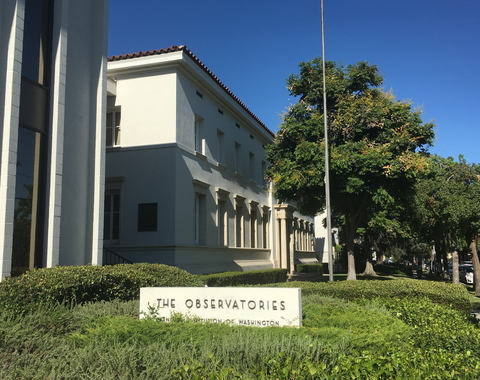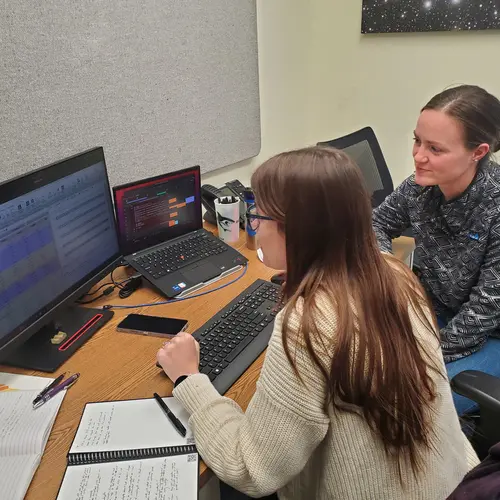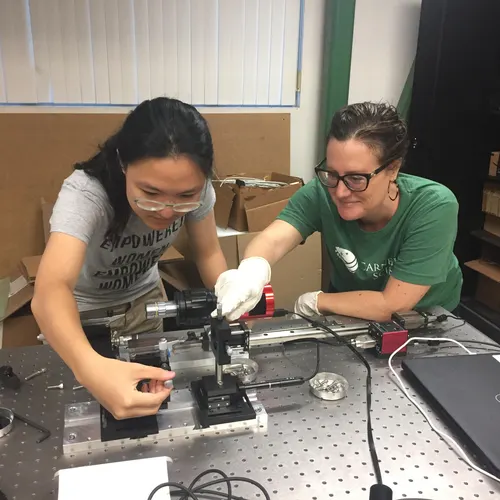Broader Impact Statement Overview

Broader Impact Statement Information
2025 Fellowship Applications:
Carnegie Science highly values leadership within the scientific community that enhances that advances science and/or improves the state of the profession for current and future scientists. Carnegie’s mission includes supporting and mentoring new scholars from all backgrounds—including scientists from historically under-represented groups—as well as community engagement and outreach. The Observatories hosts summer undergraduate interns whose primary mentors are commonly Carnegie postdoctoral fellows, as well as graduate fellows from several universities. In addition, the Observatories runs numerous ongoing community outreach programs that postdocs are encouraged to contribute in consultation with our outreach coordinator.
Carnegie Observatories’ postdoctoral fellows are integral members of our community, and often advance to leadership positions at universities and research institutions. As such, they are critical to the intellectual atmosphere of the Observatories and the field as a whole. We seek individuals who actively contribute to their academic community through leadership and sustained participation in community events (e.g., engaging in conversations and collaborations with other Carnegie postdocs and staff scientists, and actively leading and/or participating in Carnegie programs, discussions, and talks series).
The Observatories is seeking postdoctoral fellows who will be partners in improving and maintaining a culturally open, intellectually vibrant environment that is welcoming to all. As part of their fellowship applications, candidates should submit a one-page written statement detailing the relevant aspects of their past work related to these goals.

Examples
Topics that one may discuss in this broader impact statement include, but are not limited to, past efforts to:
-
Broaden participation in astronomy at any level
-
Build an intellectually rich and welcoming academic community through advocacy and/or participating in or contributing to campus/departmental programming
-
Mentor graduate (master's or Ph.D.), undergraduate (bachelor's) or K-12 (ages 5-18) students
-
Develop, lead, or consistently participate in public outreach programs
-
Serve on departmental or national professional committees
-
Any other example of leadership or contribution to the state of the profession

Process
The rubric for evaluating the broader impact statement will use the following criterion:
- Has demonstrated a commitment to improving or sustaining the culture in their department or in the field, mentoring or otherwise broadening participation in astronomy or STEM, and outreach to the community (professional, local, or public) through prior actions.